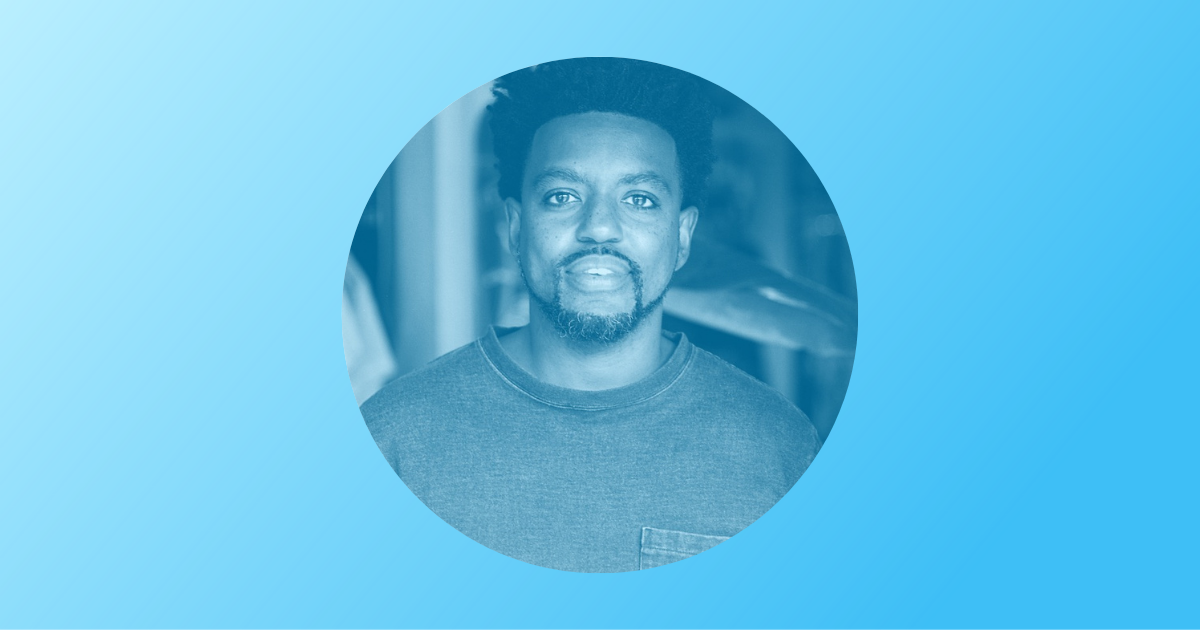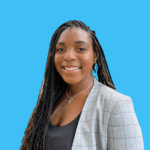Community leader and entrepreneur Joah Spearman said he’s running a non-partisan campaign in the race for District 9 of Austin City Council. With his experience in a variety of industries including technology, business and philanthropy, Spearman said he brings a different perspective from other candidates in the race. Most recently serving as a board member on the AIDS Services of Austin and ZACH Theater. And serving as CEO and founder of Localeur, a travel subscription app that lets locals give recommendations on the best spots in town.
Just last month, Spearman gained support from the Austin chapter of the NAACP, local small business owners, and creative musicians in the community. The Signal spoke with Spearman on issues facing Austinites including housing affordability, public transportation, and his plan to build an even larger local community.
This interview was edited for clarity.
What are some issues voters have talked to you about?
“Everyone is talking about affordability. It’s the biggest issue facing everyday Austinites — whether their renters and rates are going up $300, $400 dollars from a year or two ago. To homeowners, who are seeing homes around them purchased at prices they never fathomed in their neighbors, and as a result property taxes are following. To homelessness, where people don’t directly connect to the affordability issue often enough, but it’s a reality that people can’t handle those $300 or $400 dollars rent increases. They’re living paycheck to paycheck and all it takes is a broken down car or worse getting covid — missing a week of work, and no longer being able to afford rent. Next thing you know they’re thinking about short-term living situations. So it’s going to be beholden upon all of us to talk about affordability. The last time the city tried to address the conversation on the Land Development Code we didn’t hear enough of that.”
In your opinion, why are prices spiking around the city?
“I think we are seeing two things happen at once. One is something we’ve been seeing for years which is that Austin has significant population growth in both the city and the county and region. At least since 2007, Austin has been one of, if not the fastest-growing cities in terms of population. It’s something we can anticipate and plan for. And we haven’t done as good of a job of doing that proactively. And second, we’ve seen changes in the future and nature of work. More workers being able to work remotely and as a result that lends itself towards people specifically in certain industries, like tech being one where people can make the decision to live in a city where the quality of life is perceived to be high and the weather may be better. When you have this population influx and people with means moving in, that creates housing pressure. So suddenly houses are $10,000 or $20,000 dollars more in a short period of time. Even though in theory it may seem like median family household in Austin is going up that doesn’t mean wholesale or service industry wages are going up at the same rate as housing prices.
I want to switch gears a little and talk more about the I-35 expansion. What’s the latest in that development and how do you feel about it?
“It’s going to be an issue where we need to be much more collaborative, especially with the state. There’s been a lot of unnecessary contention between the city, region, and state on certain issues. We turn these issues that are really about people and quality of life into political footballs. Either you’re 100 percent for the state’s plan with expansion or the urbanist plan into turning it all into a park. My belief is we need to make the quality of life case to the state as to why having more local input and engagement actually helps TX-DOT achieve its goals. The people who work in the city are working just as hard as people who work in the state — and I’m not talking about elected officials. I’m talking about the day-to-day employees. A lot of what I want to bring to the table in council is that I’ve been an entrepreneur for years in different businesses. Whether its brick and mortar or online and because I’ve been on a lot of nonprofit boards, city boards, and commissions — I’ve had to wire in on the nuanced and intersectional thinking in everything I do which is missing on the council.”
What about homelessness in the city? It’s been growing rapidly and COVID only exacerbated it. What are your plans?
“Of course the city is doing a good job of using some of the federal support and money to address homelessness. But I personally believe the simple policy of purchasing old hotels and renovating them at a very high cost to house unhoused people is not a long-term solution. The long term solution is much more comprehensive. And it engages all the community partners around health and human services, mental health, economic development and how that connects in our school system. We really can’t continue with this latency in our government and saying we’re going to wait for this issue to percolate for years until we address it. And by the time we address it we’re doing the least capital efficient method.”
In terms of public transportation, I know you’ve talked about envisioning an Austin that is less car dependent. Can you speak on that a little bit?
“Having a car is a privilege and we live in Texas — things tend to be greater distances apart than other cities. So I understand, but we should not continue to tether ourselves to the notion that people need a car. I haven’t had a car in Austin in four and half years. The reality is if people move here and live carless it’s great for our environment, it’s great for infrastructure. So I do think it’s possible for people who live downtown. We can’t continue to act on something that is a behavior or ways of living from 10, 20 years ago. I think the importance of doing city planning is tied to what are people doing and what are they thinking.” This centrally located district includes Hyde Park, Cherrywood, the University of Texas, Downtown, South Congress, Clarksville, and more. Election Day for this local race is Nov. 8, 2022.
Kennedy is a recent graduate of the University of St.Thomas in Houston where she served as Editor-in-Chief of the Celt Independent. Kennedy brings her experience of writing about social justice issues to the Texas Signal where she serves as our Political Reporter. She does everything from covering crime beats, Texas politics, and community activism. Kennedy is a passionate reporter, avid reader, coffee enthusiast, and loves to travel.





